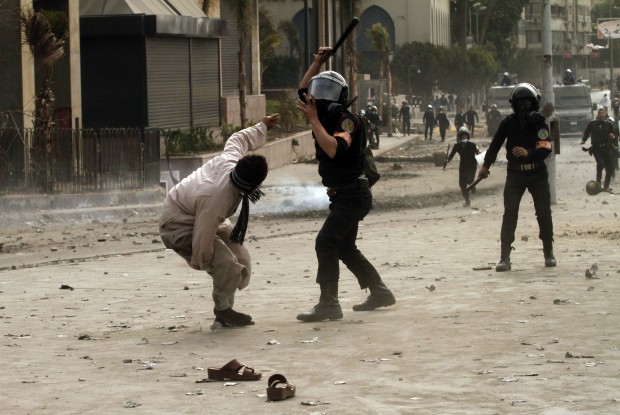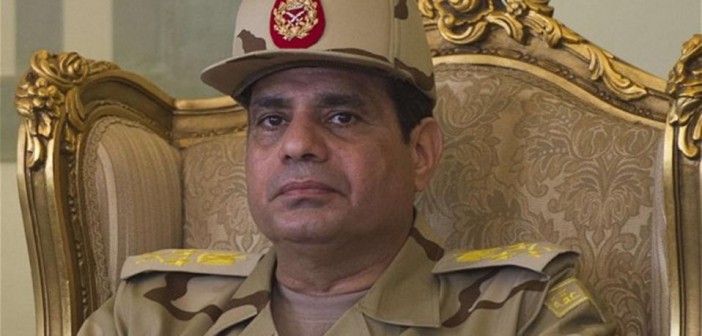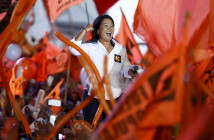The existence of terrorism is undeniable. In every corner of the world, violent acts are precipitated in claim of ideology or political affiliation. Like every region, the Middle East and North Africa is forced to confront this social menace. Egypt is no exception. This year alone, Egypt has seen mounting terrorist threats, and even ISIS-affiliated groups in the Sinai Peninsula killing 44. Egypt’s president, General el-Sisi, decided to enact legislation to deal with these threats. As has been seen in the West over the last decade, anti-terror legislation is not without its difficulties. Ultimately, the aim is to prevent terrorist attacks, and make the country safer as a result. Many dispute this. In Egypt, with its recent murky political history, this is particularly unsurprising.
General Abdel Fatah el-Sisi is a former Chief of the Armed Forces. This alone would sound alarm bells to the population. The way in which Sisi rose to power is even more concerning. The Arab Spring of 2011 dislodged many governments in the Middle East and North Africa. Having cast out Hosni Mubarak, a military dictator who had ruled for four decades, the military seized control. After a prolonged period, elections were finally held in 2012. The plot then thickens. Once again, the military intervened, and cast out the elected president, Mohammed Morsi. His political party, the Muslim Brotherhood, was designated a terrorist organisation, and outlawed. The world watched on, and many governments of the West cheered the ousting, refusing to condemn it as a coup. This was in fact exactly what it was.
 [via Majalla]
[via Majalla]
After another period of ‘interim’ military rule, elections were held in 2014. Sisi emerged victorious with an implausible 96% of the vote. Against the background of these events, it is easy to understand scepticism at the President’s motives. The introduction of a raft of legislation in recent days show that while one can take the man out of the military, the engrained methods are harder to extract. The laws have been widely condemned as an attack on essential civil liberties such as the freedoms of assembly and expression. They range from fines on newspapers who report views not consistent with the government’s ‘official’ reports, death or life imprisonment for being in a designated ‘terrorist’ group, and long-term prison sentences for apparently inciting violence.
In some respects, the Arab Spring did not exactly go to plan. Egypt’s revolution has not resulted in a liberal and truly democratic government, committed to the civil liberties and individual freedoms. In tightening his grip on power, and cracking down on any form of dissent, President-General Sisi has exposed his true motives. These laws will undoubtedly result in the imprisonment, defamation and death of many peaceful people, simply wishing to have their voices heard. The president should be careful. His old uniform is showing.





